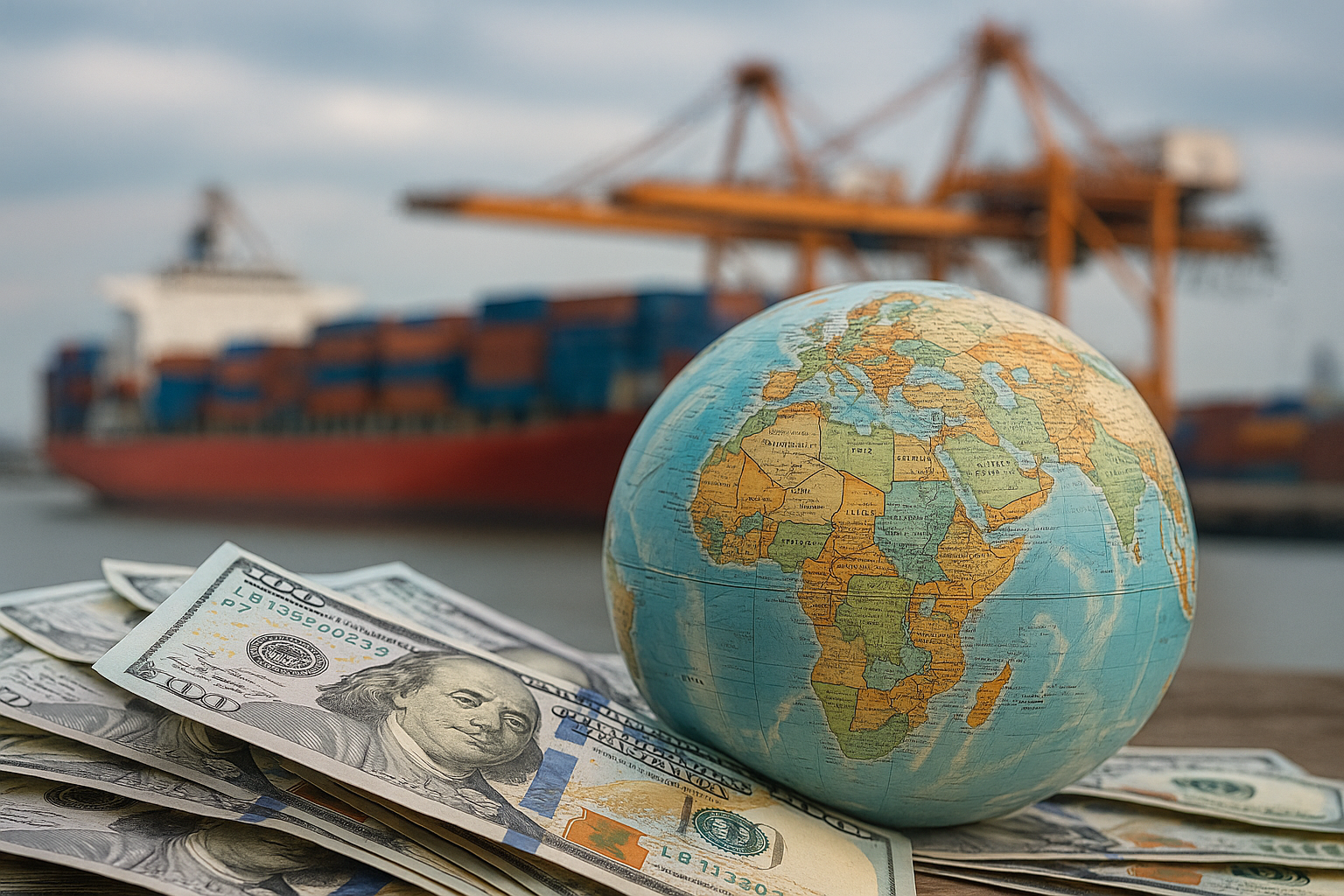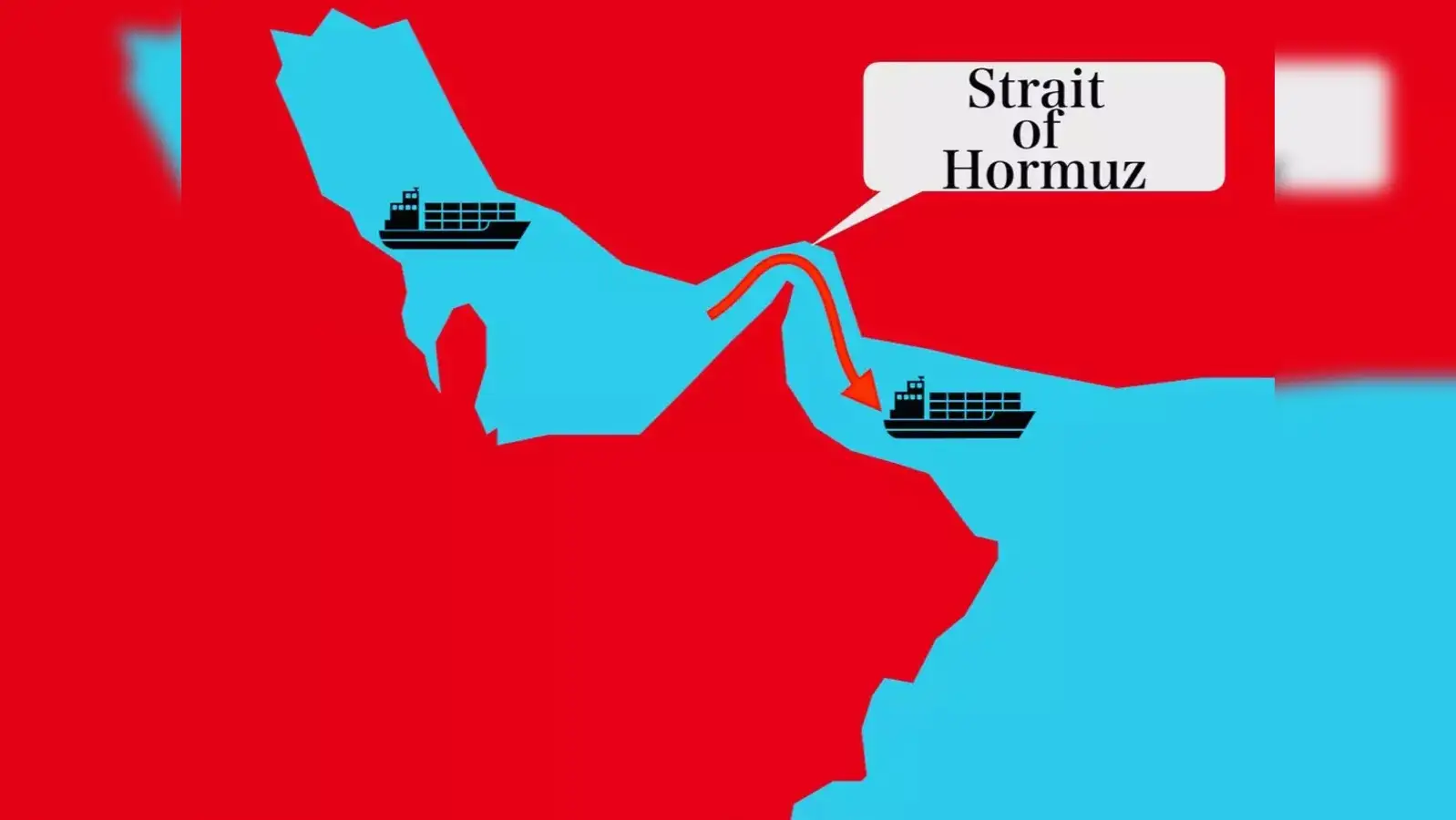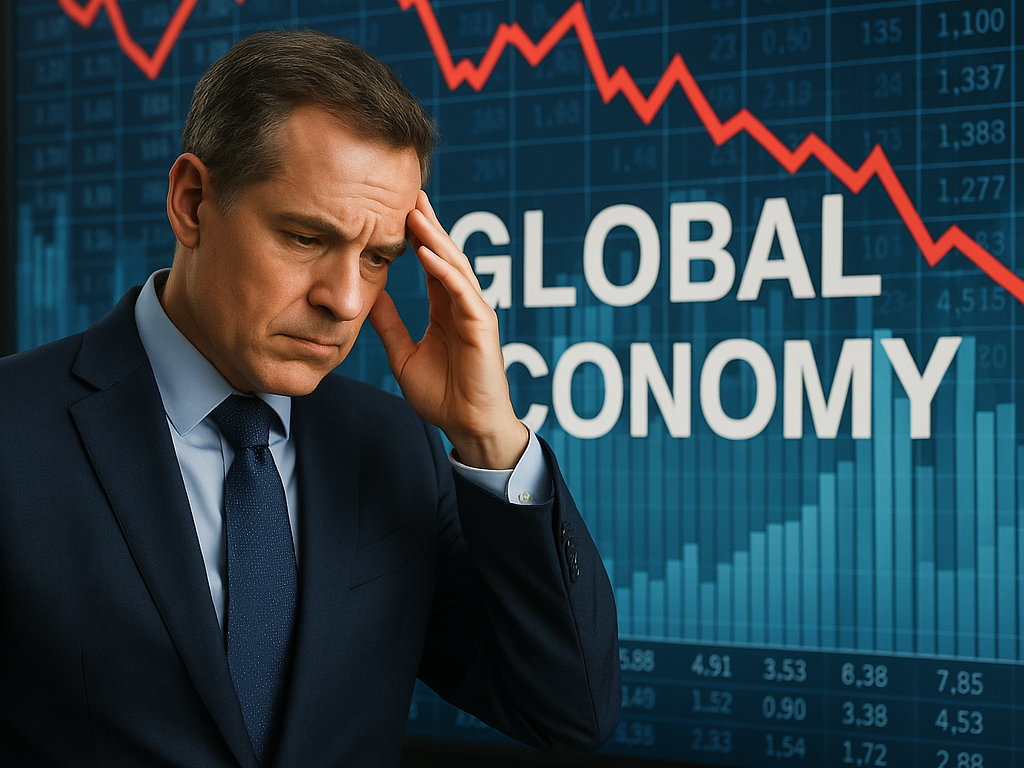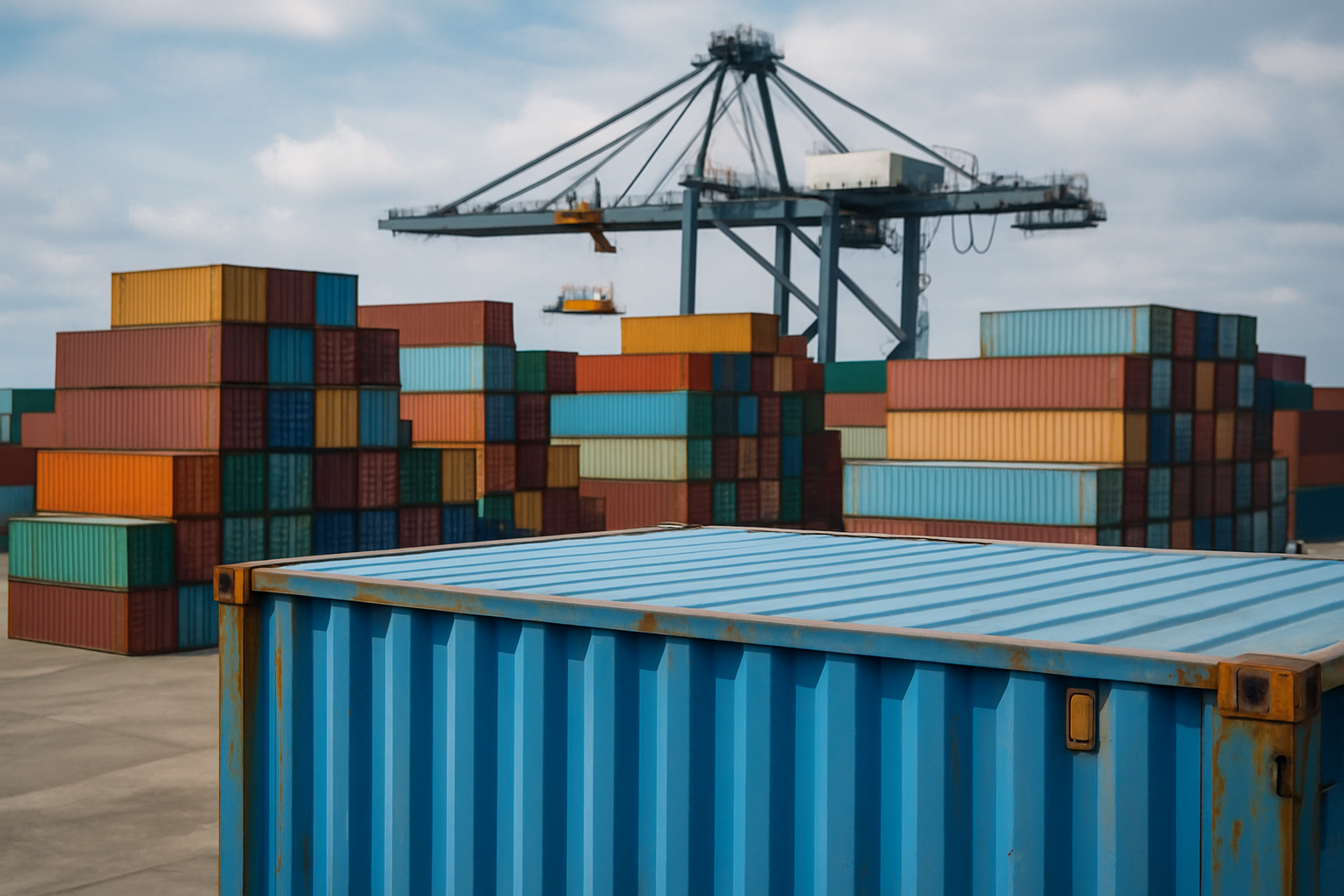World Economies Faces Unprecedented Change
World Economies
In today’s increasingly interconnected world, the global economy is undergoing a period of profound transition. Political realignments, rapid technological advancement, climate shifts, and evolving trade relationships are reshaping how nations engage with one another economically. These transformations are not occurring in isolation. Rather, they influence one another, creating a domino effect that challenges old systems and calls for bold new thinking.
While many developed countries push toward economic innovation. Others face mounting challenges tied to debt, energy dependence, and regional instability. Consequently, the path forward requires careful navigation, collaboration, and strategic planning.
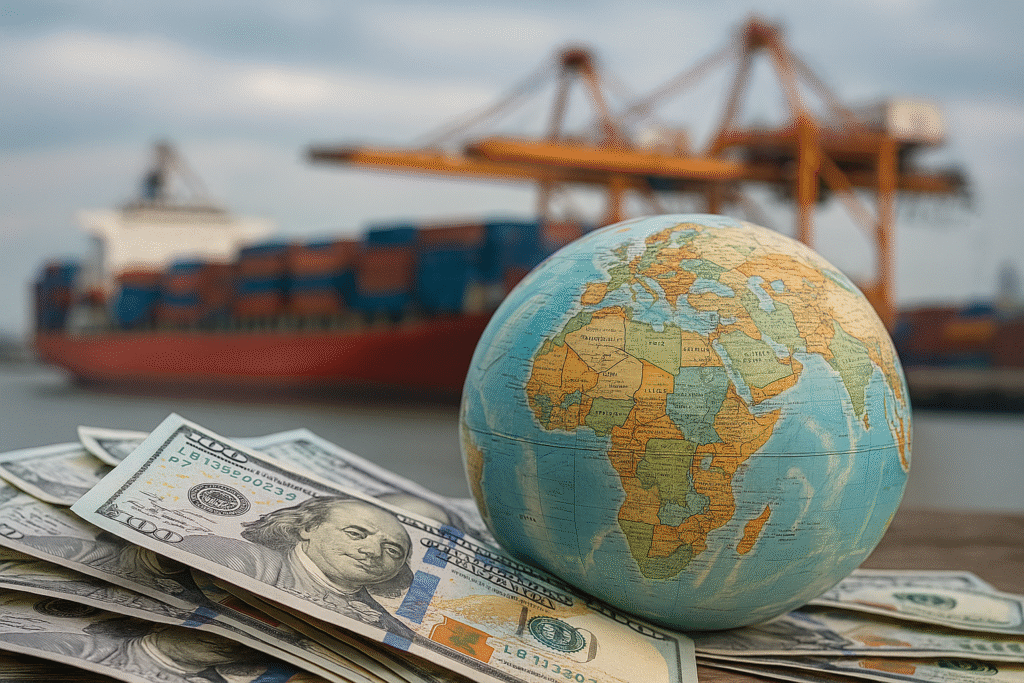
Political Realignments Disrupt Traditional Trade Flows on World Economies
One of the most noticeable shifts has been the reconfiguration of political alliances. The rise of nationalist sentiments and economic protectionism in several major economies has led to a rethinking of multilateral trade agreements. Although some countries continue to advocate for open markets, others are moving toward self-reliance and localized production.
This change has led to tensions between trading blocs. At the same time, smaller nations find themselves needing to choose sides or seek neutral paths, especially in regions like Southeast Asia and Central Europe. Furthermore, ongoing conflicts and sanctions continue to impact global supply chains, adding to the complexity.
World Economies Technology Transforms Labor and Production Worldwide
Alongside political change, technological has redefined economic strategy. From artificial intelligence to automation and blockchain, innovation is transforming the nature of labor, commerce, and financial services. As a result, companies are rethinking operations, while governments are reconsidering labor policy and educational priorities.
In response, some nations are investing heavily in upskilling their workforce, recognizing that future competitiveness depends not just on resources but on intellectual capital. Nevertheless, inequality remains a serious concern, particularly in countries that lack access to the tools and infrastructure necessary for tech-based growth.
Energy and Environment Now Central to World Economies Planning
Another powerful force shaping the future of the world economy is the global energy transition. Traditional oil and gas powers are exploring diversification. While renewable energy markets gain momentum. This shift is driven not only by environmental concerns but also by economic incentives tied to sustainability and energy independence.
However, the transition has not been uniform. Developing countries still depend heavily on fossil fuels and face challenges in financing green infrastructure.
Meanwhile, extreme weather events continue to agricultural production and displace communities, straining local economies. Therefore, international cooperation is more essential than ever.
World Economies Emerging Markets Rise but Face Persistent Risks
Emerging markets remain critical to global economic growth, offering new consumer bases, innovation potential, and labor forces. However, many of these countries are now experiencing tighter financial conditions due to rising global interest rates and fluctuating commodity prices.
Moreover, currency instability and limited access to international capital make it difficult for emerging economies to respond effectively. Despite these issues, opportunities remain, especially for nations that invest in education, innovation, and transparent governance.
Digital Finance and Cryptocurrency Add Complexity
As governments and businesses embrace digital tools, the financial system itself is evolving. Central banks are exploring digital currencies, while blockchain-based platforms offer new models for contracts, logistics, and payment systems. Nevertheless, unregulated cryptocurrency markets continue to pose risks.
As a result, financial watchdogs are working to establish frameworks for secure, ethical digital commerce. Still, the speed of innovation means that policy often lags behind, making this an area where rapid learning and adaptation are necessary.
Global Institutions Urged to Adapt and Evolve
In light of these shifts, major international institutions—such as the World Bank, International Monetary Fund, and World Trade Organization—are under pressure to reform. Critics argue that their current structures reflect outdated global dynamics and fail to represent emerging voices.
Although some progress has been made in governance and transparency, more inclusive and flexible approaches are needed. After all, a stable global economy depends on fair systems where all countries have the opportunity to thrive.
Conclusion: Opportunity and Responsibility in a Changing World
The future of the world economy will not be shaped by any one country or policy. Instead, it will emerge through countless choices made by governments, businesses, and communities. As transitions unfold, so too must our frameworks for cooperation, accountability, and innovation.
Therefore, global leaders must act not only with urgency but with vision. By embracing change and working together, the international community can turn today’s economic uncertainty into a more resilient and equitable tomorrow.

